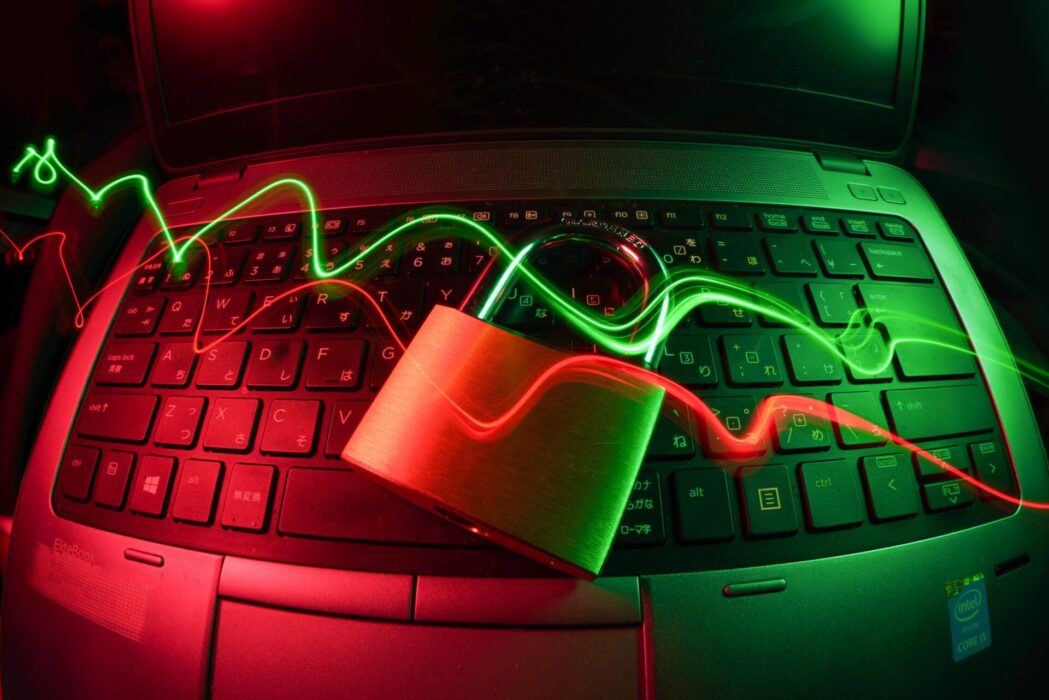Introduction:
In the age of digital connectivity, the Internet has become an integral part of our lives, shaping the way we communicate, work, and access information. While the Internet has brought immense benefits, it has also raised critical questions about control and regulation. In this article, we delve into the complex issue of control on the Internet, examining how it is managed, whether it is being controlled, the challenges of regulation, and dispelling misconceptions about a single controlling computer.
Section 1: How is the Internet Controlled?
The Internet is not governed by a single controlling entity or computer. Instead, it operates through a decentralized system of protocols and standards. These protocols, like TCP/IP, DNS, and HTTP, facilitate communication and data exchange. Internet governance is a collaborative effort involving various organizations, including ICANN (Internet Corporation for Assigned Names and Numbers) and IETF (Internet Engineering Task Force). These bodies oversee domain name allocation, IP address management, and the development of Internet standards.
Section 2: Is the Internet Being Controlled?
The perception of control on the Internet varies widely. Some argue that the Internet is becoming increasingly controlled due to government censorship, surveillance, and content removal by tech giants. Others contend that it remains largely decentralized and open. The truth lies somewhere in between. While efforts to exert control exist, the Internet’s vastness and resilience often make absolute control challenging.
Section 3: Why is the Internet Difficult to Regulate?
Regulating the Internet is a formidable task due to its global and decentralized nature. Different countries have varying legal frameworks and cultural norms, making uniform regulation challenging. Balancing the preservation of free speech with the prevention of harmful content is a constant struggle. Additionally, the rapid pace of technological advancements frequently outpaces regulatory efforts.
Section 4: What Computer Controls the Internet?
There is a common misconception that a single computer controls the Internet. In reality, the Internet relies on a distributed network of servers and routers, each serving a specific function. No single entity has absolute control. Instead, a collective effort maintains its stability and functionality.
Section 5: The Need for More Control
The need for more control on the Internet is a topic of ongoing debate. Advocates argue that increased control is necessary to combat cyber threats, hate speech, and misinformation. The spread of false information during crises like the COVID-19 pandemic has highlighted this concern. However, striking the right balance between control and preserving online freedom is crucial.
Section 6: Potential Approaches to Increasing Control
Several approaches can be considered to enhance control on the Internet. These include international cooperation in the form of treaties or agreements, the development of clearer legal frameworks, and the use of advanced technology solutions such as AI-driven content moderation. Each approach has its advantages and drawbacks, requiring careful consideration.
Section 7: Balancing Control and Freedom
The key to addressing the control issue on the Internet lies in striking a balance between control and freedom. Excessive control can stifle innovation and curb free expression. Therefore, it’s essential to focus on responsible online behavior, media literacy, and encouraging platforms to adopt transparent content moderation policies. Users must be informed and empowered to navigate the digital landscape responsibly.
Conclusion:
The question of control on the Internet is multifaceted and ever-evolving. While the need for more control is evident in some contexts, it’s imperative to approach this issue with caution. Striking a balance between control and freedom is the key to harnessing the Internet’s full potential while mitigating its drawbacks. As we continue to navigate the digital age, the conversation surrounding Internet control will remain at the forefront of discussions, necessitating ongoing dialogue and thoughtful solutions.
